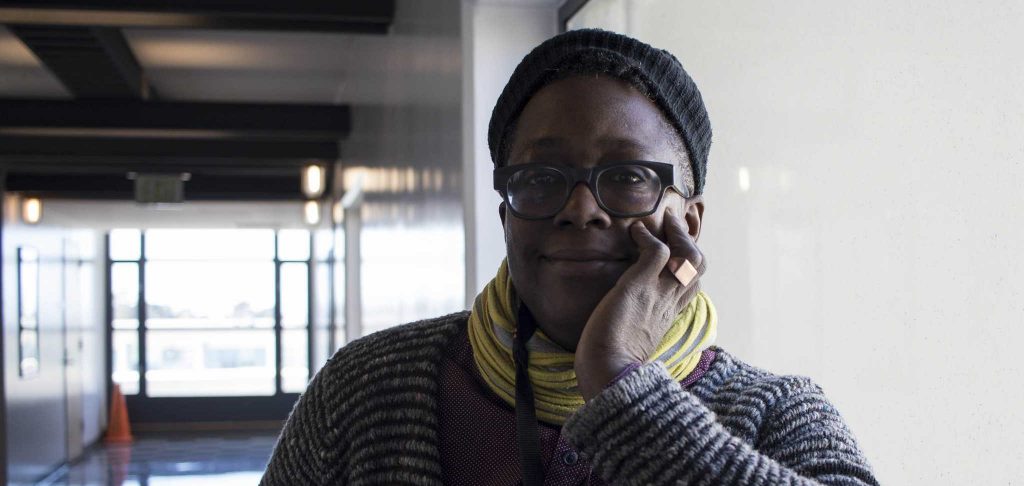This years’ Academy Awards was a special one for SF State, as an assistant professor had the opportunity to help decide who would walk away with the Oscar.
Cheryl Dunye from the School of Cinema was invited to become a voting member of the Academy of Motion Picture Arts and Sciences, casting her first votes for Sunday’s award show.
According to the SF State School of Cinema’s website, Dunye has received many awards herself for her work, and is recognized as a distinguished black female director. Fellow cinema professor and colleague, Steven Kovacs, said this will be Dunye’s first time participating in the Academy.
“The people who are members of the Academy are the ones who vote for the Oscars,” Kovacs said. “So now, Cheryl Dunye, being a member of the academy, can vote for all of the categories.”
Dunye was one of 683 new members invited by the Academy this year, according to their website. New members are selected for various reasons and according to Kovacs, the Academy is trying to make changes in order to create more variety in its membership.
Last year the Academy faced backlash for the lack of diversity among nominees, and people spoke out using social media with the hashtag “#OscarsSoWhite.” Kovacs mentioned that last year’s boycott pushed the Academy to diversify membership, which created an opportunity for distinguished filmmakers like Dunye.
“It is really exciting to hear that Cheryl is a voting member,” said cinema graduate student Candy Guinea. “There was a whole controversy about this hashtag that went viral … ‘#OscarsSoWhite,’ and the reality is that there (are) very few directors of color, or films that highlight people of color, in Hollywood that get that much recognition.”
According to Kovacs, who has been nominated for an Academy award in the past, there are approximately 6,000 voting members in the Academy. Guinea said the majority of those Academy members have been comprised of white males.
The new members invited have helped diversify the institution. The Academy website claims that 41 percent of the new class for 2016 are people of color and 46 percent are female.
“The pushback has been well received because now we have all these directors of color that are receiving so much recognition, which feels so valuable especially for me as an emerging filmmaker,” Guinea said. “As a woman of color, it feels promising to see these changes happening in the industry.”
Dunye’s accomplishments as a black woman and her success in the world of film has inspired many of her students, and they say they are incredibly proud.
“She’s been a trailblazer for better representation in film,” said cinema major Zac Gammiere. “She’s very brave.”







